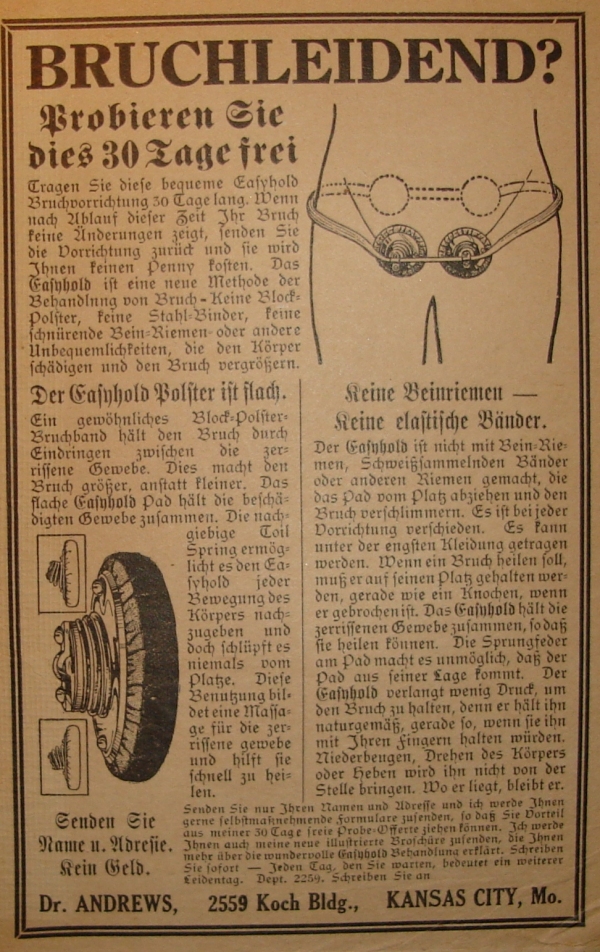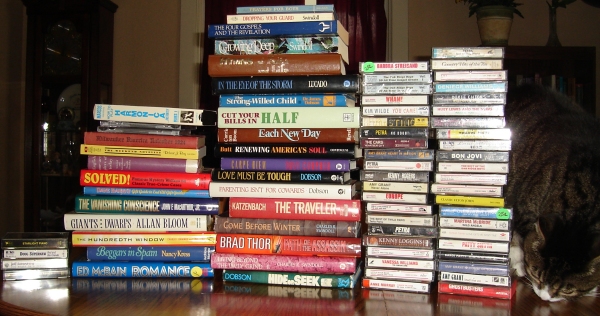Robert B. Parker phones in another Sunny Randall novel. I can’t say it any better, especially after this:
Quirk, Belson, my father, and I all looked slowly around the still-sealed-off park. Nobody said anything. Nothing presented itself. After a long moment, Quirk squatted on his haunches and studied the gun.
“Smith and Wesson,” he said, “revolver…” He bent over to look at the barrel opening. “Thirty-eight.”
He leaned forward onto his hands and straightened his legs and did a kind of pushup so he could smell the gun.
“Been fired recently.”
He eased out of the pushup and got his feet under him and resumed his squat.
“But not in this flower patch,” he said, “unless he bothered to clean up the brass.“
“I’d look over there,” Belson said, and nodded at the swan boat dock.
Quirk continued to sit on his haunches, looking at the flower bed.
“Stay with this, Frank,” Quirk said. “I’ll get some crime-scene techs over here, but I want you to be the only one touches the gun, okay?”
Belson nodded.
“You bag it, label it, take it to the lab, stay with it, wait for it.”
“Okay, Marty,” Belson said.
“Nobody but you and the lab guy touches it.”
“Okay, Marty.”
“I’ll get some divers to look in the water for the shell casing,” Quirk said.
Friends, that’s a very basic misrepresentation of the difference between a revolver and a semi-automatic pistol. I would expect by now Dr. Parker know the difference. That this very basic mistake makes it into print doesn’t bode well.
“It’s good,” my beautiful wife said after she read the book first because I was mired in Anna Karenina. “It’s focus is on the crime and not Sunny Randall’s life.”
Oh, but no. We have the extraneous chapters on Sunny meeting with Dr. Silverman, her therapist; chapters on Sunny reconciling with her ex-husband; chapters on Sunny interacting with her dysfunctional adult family and recognizing the dynamic about how it revolves around her father; and chapters on a sideplot about what a mess her friend Julie is.
Oh, and the crime. A serial killer returns after 20 years. Sunny knows immediately who it is and then has to prove it. The case turns on a discovery that, when thought about after the end of the book, is quite poorly handled as a means of moving the plot along, and we get the same sort of ending as in Shrink Rap: Sunny puts herself in danger with one of the father figures in the background ready to save her, but she saves herself in a redemption of you-go-girl violence.
Sadly, I’m reading the Sunny Randall series (and probably the Jessie Stone series) out of habit now. I look slightly more forward to the Spenser books and the Westerns, but.
But.











